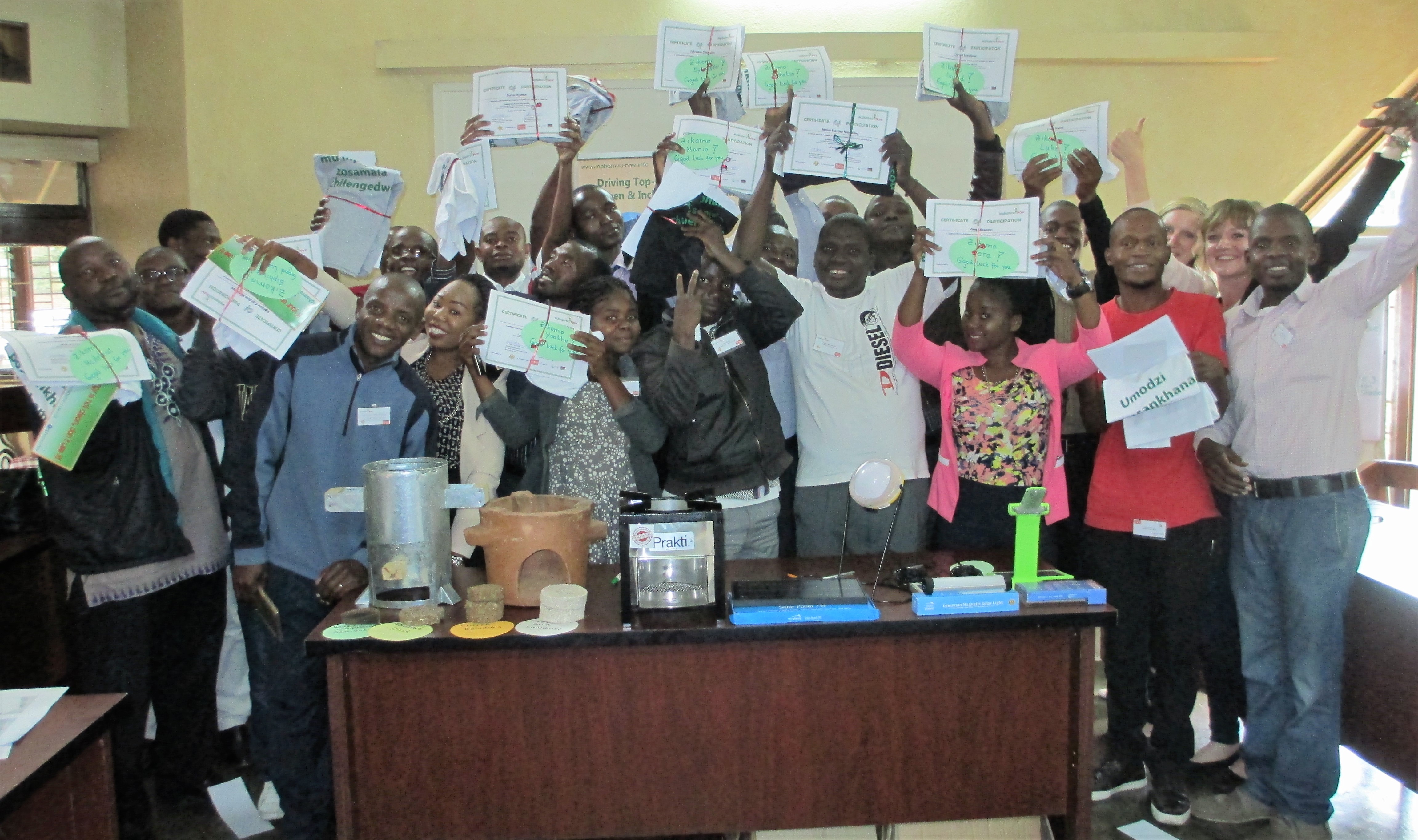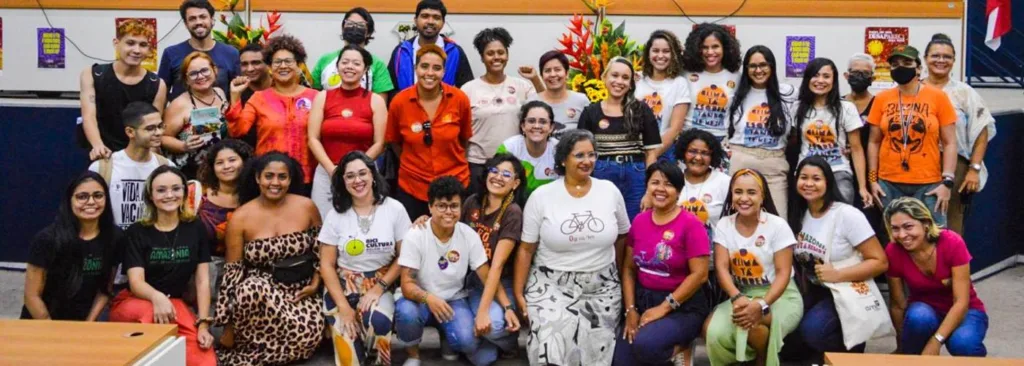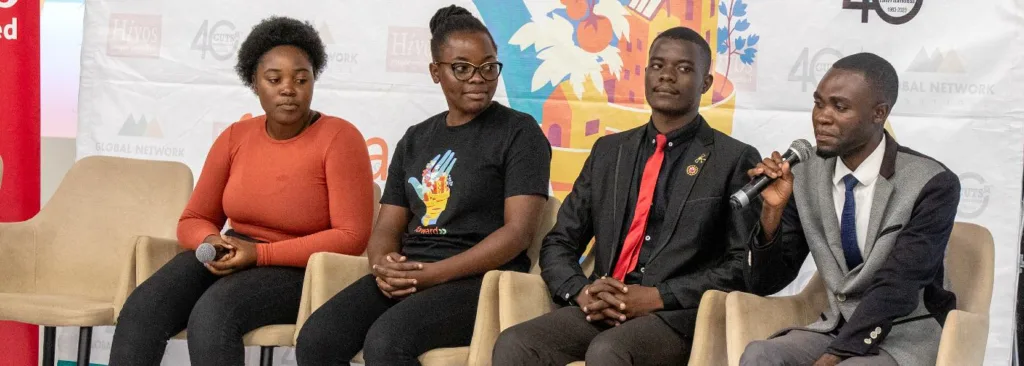More than 90 per cent of the population in Malawi depends on biomass source of energy, only 10 per cent has access to the national grid power system covered by Electricity Supply Corporation of Malawi (ESCOM). This negatively influences several development sectors including health, education and economy, and hugely affects the environment.
Renew’N’Able Malawi (RENAMA), a Malawian non-governmental organization, is implementing a project titled: “Top of Mind Awareness on Green and Inclusive Energy (GIE)” which is aimed at creating a vibrant, informed and active civil society movement advocating for green and inclusive energy.
This is being encouraged by the partnership with Hivos and other local CSOs including the Youth Network and Counselling (YONECO), Malawi Health Equity Network (MHEN), National Association of Business Women in Malawi (NABW) and Community Energy Malawi (CEM).
Training of Trainers
As one way of achieving this goal, Training-of-Trainers events on energy advocacy have been organized to build the capacity of non-energy-related civil society organizations who are already involved in advovacy or community empowerment in sector cross-cutting with energy poverty issues (health, education, climate change, etc). The objectives of the trainings were to empower the trainees to promote GIE effectively within their communities, create more awareness on solutions at hand, and get involved in pro-poor energy advocacy at District and national level.
The trainings targeted 58 participants in each of the three regions of Malawi between June 21st and July 14th, 2017. Among others, the participants were equipped with definitions and knowledge on types of energy, energy poverty and its impact on Malawi, solutions for off-grid households and communities in Malawi, existing initiatives as well as advocacy and planning skills.
Impact of Training of Trainers in GIE
The exchange among the participants and facilitators was fruitful as it empowered and inspired the trainees to not only use the Mphamvu-Now platform (www.mphamvu-now.info) created by RENAMA for this partnership, but also to come up with an energy-related social media group.
This was supposed to encourage them to integrate green and inclusive energy aspects in their day-to-day activities. Already in the first two weeks after the last training session, the participants have initiated and shared within their group more than ten different follow-up stakeholder meetings and activities, which is very encouraging.





